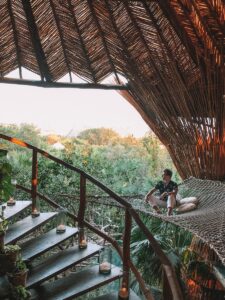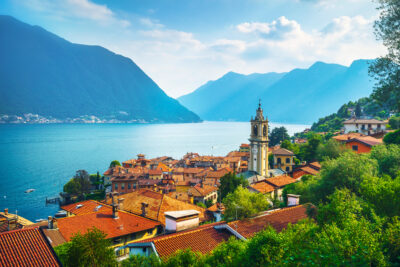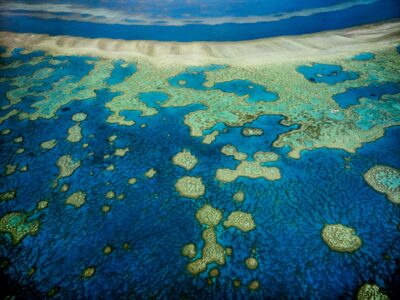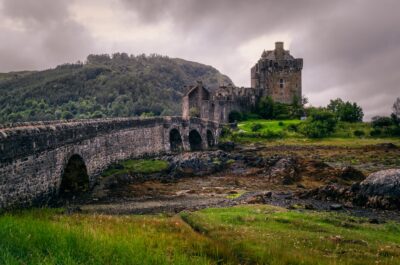Cruise ship impacts can be considerable, particularly as they traverse sensitive ecosystems. But some companies are making sustainable travel a top priority.
AmaWaterways was honored to receive the Green Award in 2019 for their ship, AmaKristina. AmaWaterways is actively exploring ways to reduce fuel consumption with solar panels on awnings and River Track Pilot which optimizes navigation.
 AmaWaterways has made sustainability one of their main focuses as a river cruise line. Their fleet features solar panels on certain stateroom awnings to reduce fuel consumption associated with heating and cooling; in addition, they are testing out a new River Track Pilot navigation system in order to optimize their fuel use.
AmaWaterways has made sustainability one of their main focuses as a river cruise line. Their fleet features solar panels on certain stateroom awnings to reduce fuel consumption associated with heating and cooling; in addition, they are testing out a new River Track Pilot navigation system in order to optimize their fuel use.
River cruising leaves a smaller environmental impact than ocean cruising because its ships are typically small and carry only limited numbers of passengers, leading to lower engine loads and carbon emissions. Furthermore, tours typically are led by local experts who minimize transportation needs as well as guide-to-passenger ratios.
AmaWaterways boasts a maximum capacity of 196 guests and offers 5-star service from their staff, featuring heated pools, open-air sun decks, fitness centers and spa services onboard. AmaWaterways also provides engaging cultural itineraries like Celebration of Classical Music or Hungary Wine Country Journey – or recently introduced full service a la carte menus onboard to reduce food waste by up to 30%!
A-ROSA
River cruise lines like A-ROSA also invest in technologies and innovations that further contribute to an eco-friendly journey, including hybrid propulsion systems that enable emission free port entries as well as connectivity to shore power networks in cities.
Eco-friendly actions include using biodegradable cleaning products, limiting single-use plastics and supporting local communities during itineraries – helping preserve local resources while giving back to them.
An additional way you can help the environment while on a cruise is to avoid purchasing gifts and souvenirs made from endangered species, as this helps limit how many endangered animals end up trapped in illegal wildlife trades. Finally, bring along your own reusable water bottle or straw on board to reduce waste production and cut down on waste production.
Amadeus 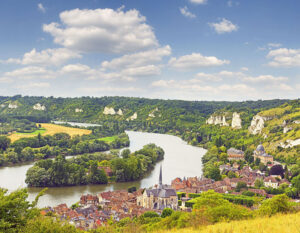
Amadeus Cruises offer an extensive range of cruises spanning Europe’s rivers, canals and main rail lines, with trips ranging from one to seven days in duration. Popular offerings include Paris-themed Seine cruises as well as sailings along Rhone et Saone to Burgundy and Provence.
This line boasts a modern fleet designed to be energy efficient with hybrid propulsion and solar panels. Additionally, they employ various sustainability initiatives like low-flow toilets and an innovative waste processing method that returns clean water back into the river.
Amadeus cruises offer an immersive experience at the heart of any country or region through expertly planned excursions with knowledgeable guides. Groups can customize the number and type of excursions they want or buy an excursion package with discounts in advance. Plus, when docked Amadeus ships feature shore power connectivity which lets them plug in directly to power grids for emissions-free docking!
Uniworld
Uniworld and its parent company TTC have come together to implement 11 goals to reduce their carbon footprint and achieve carbon neutrality by 2030 or sooner. They include eliminating single-use plastics, offsetting emissions and creating sustainable experiences for guests.
Luxury ships on board their fleet use LNG and battery power, as well as a waste-to-energy system that converts water into heat and electricity. Furthermore, organic foods from small family-run farms where possible have also been switched over.
As members of WWF, they actively support ocean conservation work. Furthermore, they have helped reduce their fleet’s CO2 output by installing more efficient hulls and engines across their vessels, offsetting carbon emissions with Trees4Travel planting trees for carbon offset. All these initiatives demonstrate their commitment to sustainable travel as they aim to establish a circular economy which transforms rather than consumes all that travel touches.


